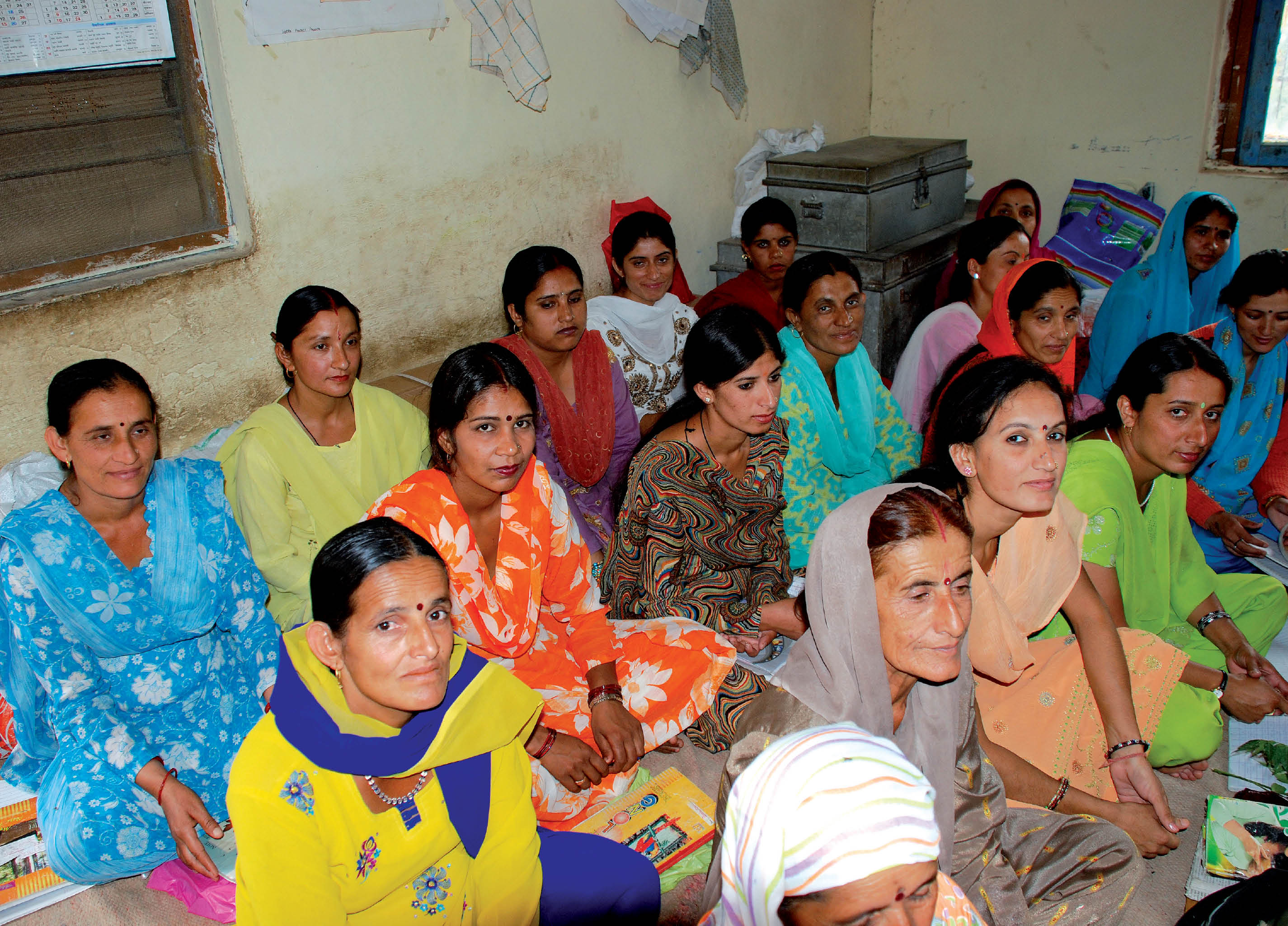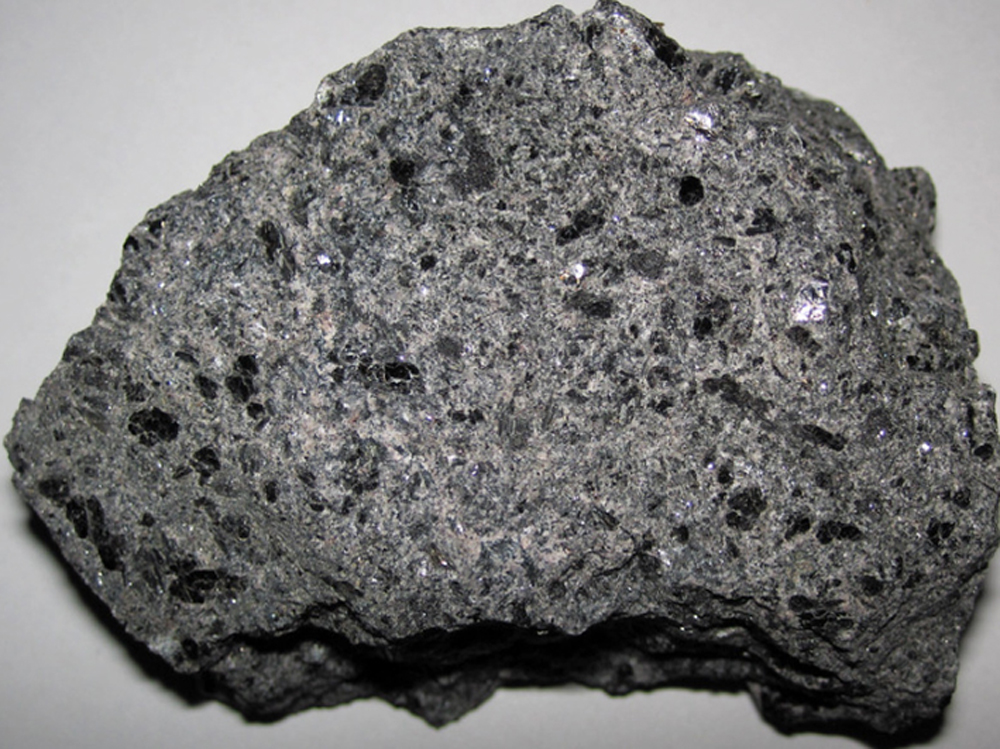Bloody Plastics-Part II: The Alternatives



India is set to embark on a new chapter in its Polar exploration journey with the construction of Maitri II. The Indian government plans to establish a new research station near the existing Maitri ba...
.png )
The Deep Ocean Mission (DOM), approved by the Government of India in 2021 under the Ministry of Earth Sciences (MoES), represents a strategic step in realizing Sustainable Development Goal 14 (SDG 14:...

China recently announced restrictions on the export of seven rare earth elements (REEs), soon after US President Donald Trump decided to impose tariffs. As the world's dominant supplier—responsible fo...
The modern sanitary pads being primarily plastics, clog up drainage and incinerating it leads to noxious air pollutants. Putting the used napkins in landfills adds toxins to the soil and groundwater....
Strengthening the case that well-being should be a critical component of how the world measures its economic and social development, the 2013 World Happiness Report has identified the countries with t...
The modern sanitary pads being primarily plastics, clog up drainage and incinerating it leads to noxious air pollutants. Putting the used napkins in landfills adds toxins to the soil and groundwater. Without an environmentally safe disposable product, the spread of sanitary napkin usage would exacerbate the piling garbage at ground zero.

Strengthening the case that well-being should be a critical component of how the world measures its economic and social development, the 2013 World Happiness Report has identified the countries with the highest levels of happiness. India ranks at 111 out of the 156 countries studied.
